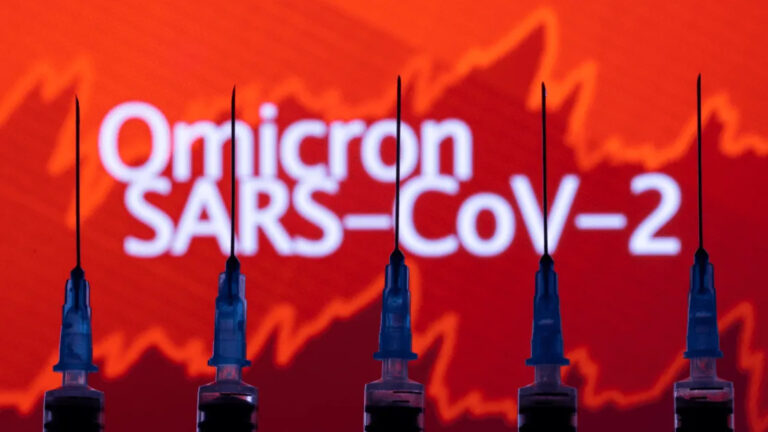The program, to be applied from tomorrow, includes measures drawn from a detailed analysis carried out by authorities of the executive and the National Emergency Operations Committee (COE), in charge of protocols to avoid contagion.
Prohibition of entry to the national territory to any person whose point of origin, stopover or transit is South Africa, Botswana, Egypt, Mozambique, Lesotho, Zimbabwe, Eswatini and Namibia, is one of first provisions.
The rest of passengers must present a full vaccination certificate when entering Ecuador, as well as negative RT-PCR tests, with at least 72 hours of validity, a requirement that minors between two and 16 years of age must also meet.
If suspicious cases are detected among travelers, they will be subjected to examination, should they be positive, infected people must complete 14 days of isolation.
In an address on radio and television, President of the Republic, Guillermo Lasso, specified that the opening of border to Colombia, also scheduled for tomorrow, will be carried out in steps, the first of which for the international transport of goods under protocols of bio-security, agreed by the transport ministries of both countries.
Likewise, the president announced that the maximum capacity in mass events will be 50 percent and following health protection measures.
For the moment, public transport will continue with a capacity of 100 percent, as long as there is natural ventilation and the mandatory use of a mask is complied with.
In public sector buildings, the presentation of full vaccination certificates will be mandatory, a provision that the government suggests assuming in other spaces like cinemas, theaters, bars, nightclubs, stadiums, shopping centers or the like.
To date, Ecuador has not confirmed the presence of the Omicron variant, however, work is being done on the new plan taking into account that December is a month of movement and meetings for Christmas and New Year celebrations.
pgh/lcr










